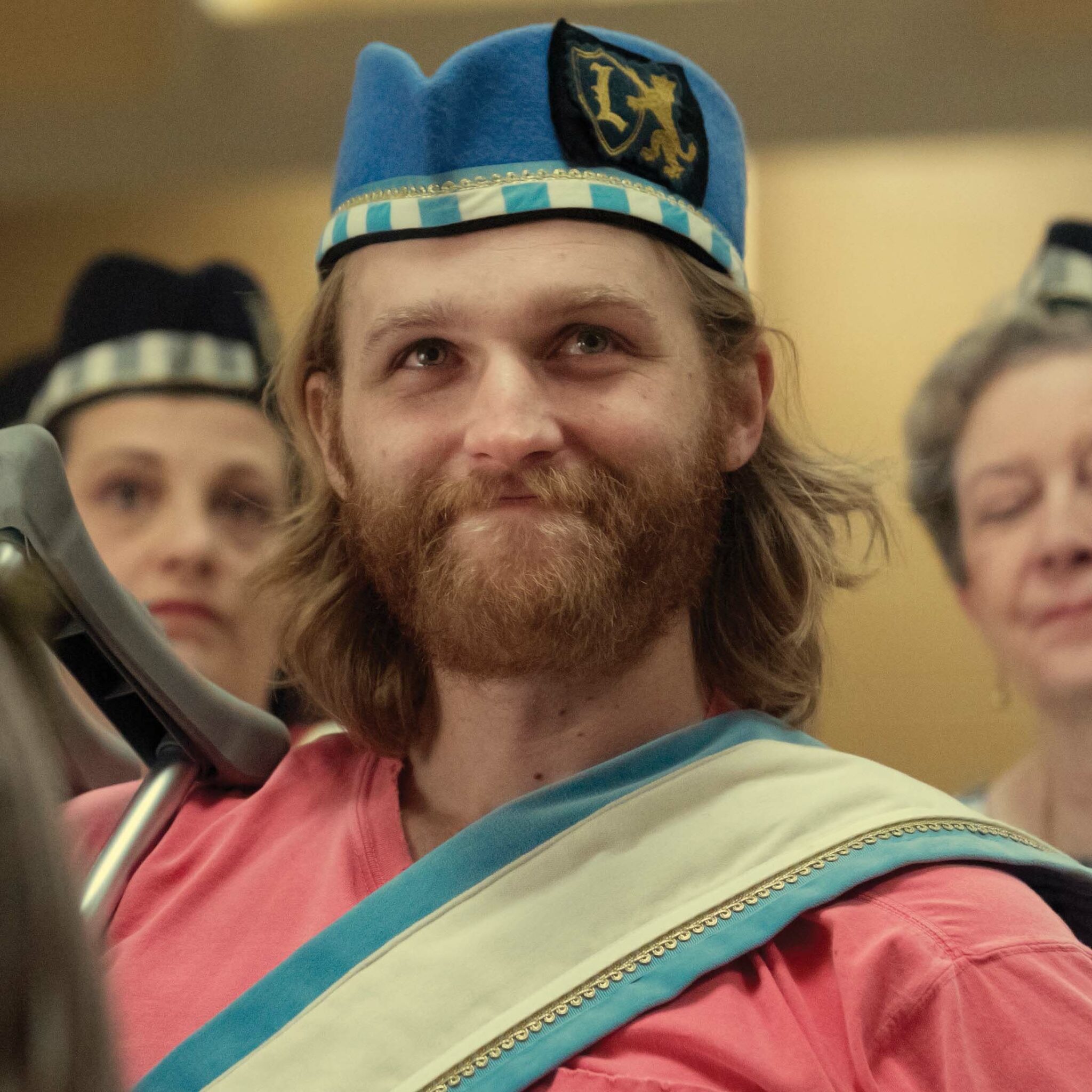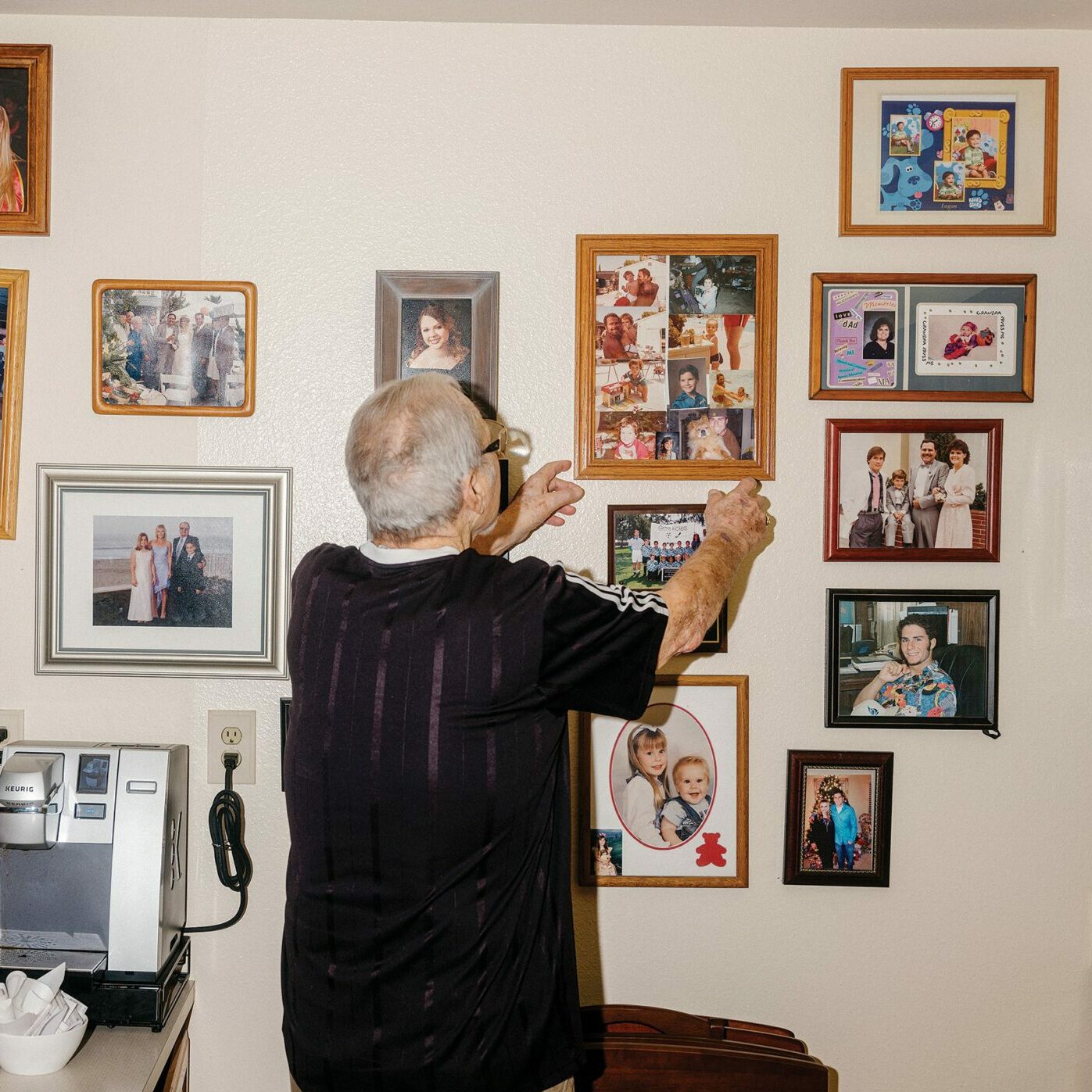
In Hulu’s ‘Lodge 49,’ Jim Gavin Creates His Lodge of Perfection
AMC comedy series Lodge 49 showrunner Jim Gavin explains his fraternal influences.
It’s safe to say that Gregory McKenna isn’t afraid of heights—even as a kid, he was fond of shimmying up into the high tree canopy. Now that passion is his profession, as the past master of Mount Jackson № 295 in Sonoma County and lodge officer with Mosaic № 194 in New Jersey explains of his life hundreds of feet above the ground. —Justin Japitana
Gregory McKenna: There are many types of arborists and foresters, but the unifying area is care of trees. A forester is used more with forest stands and wilderness, while an arborist is associated with urban areas. My career as an arborist has spanned many areas, but my most recent work deals with utilities and electrical and gas lines.
GM: I can’t tell you when I first started climbing, but I’m sure it was right after I learned to walk, much to my mother’s anguish. It wasn’t until many years later, while I was living in Oregon, that a friend introduced me to recreational tree climbing. That’s how I met Tom Ness, the creator of the climbing gear brand New Tribe, and Steve Sillet, a professor at Humboldt State, who was studying the world’s tallest trees.
GM: I’m not an academic, but word got around to various forestry programs that I was willing to help researchers get into the high redwood canopy in places like Van Damme State Park in Mendocino County and Jedidiah Smith State Park near the Oregon border. When you’re training these students, you find out quickly whether they can handle the height. You’re up 20 feet, and you realize you’re hanging from a thin rope—that freaks some people out.
GM: Yes, for PG&E, and it was heartbreaking. When Santa Rosa got hit by that big fire, I was in the burn area the next day, and there were still smoldering posts in the ground. A lot of us questioned our career choices at that point. Our job was to evaluate trees in the area and determine which were safe and which had to go. While there might still be a full green canopy, the base would be completely charred. It’s sad when you grow attached to these trees.
GM: Masonry has taught me to stay calm and professional, and to act within the bounds of my compass when it comes to dealing with others. Especially during the fires, it has given me the framework for talking to people. Like a Masonic gathering, public meetings are not a place to spout out the needs of a project. Rather, it’s an opportunity for give and take and to understand all viewpoints.
PHOTOGRAPHY BY:
Winni Wintermeyer

AMC comedy series Lodge 49 showrunner Jim Gavin explains his fraternal influences.

A former priest on what his world travels have taught him and how Masonic relief ties it all together.

For seniors at the Masonic Homes of California, moving in is an opportunity to focus on what matters most.